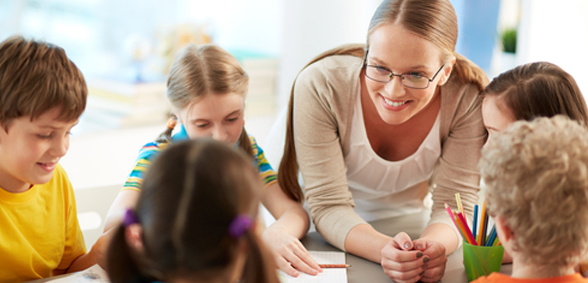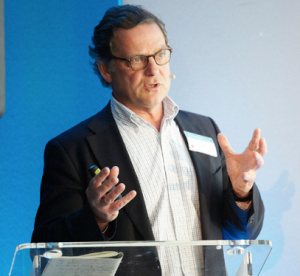
Dr Brian Marien, Co-founder of Positive Group – medic, cognitive psychologist and health psychologist – discusses The Positive Schools Programme and how to build emotional literacy in teachers and pupils
 The importance of investing in teachers can never be overstated. As figures with significant influence over the next generation, it is crucial that they are adept at advancing not merely the intellectual development of their pupils, but also their emotional and social growth.
The importance of investing in teachers can never be overstated. As figures with significant influence over the next generation, it is crucial that they are adept at advancing not merely the intellectual development of their pupils, but also their emotional and social growth.
As a period of considerable physical and emotional flux, during which we begin forming core beliefs about ourselves and how we are viewed in the eyes of others that can have an enduring legacy, the ages of 10-20 are formatively critical. With the majority of adult mental health problems originating between these ages, it is essential that we mitigate risk by educating and enabling teachers to support students in their psychological development.
Embedding wellbeing in your school
Scheduling time into the curriculum to enhance emotional literacy has benefits both now and in the future. Research shows, for instance, that taking a systematic approach to promoting students’ social and emotional development is the common element among schools with increased academic success, improved quality of relationships between teachers and students, and a decrease in problem behaviour.[1]
The best approaches, moreover, are those in which adult stakeholders in children’s education are themselves actively involved in cultivating and modeling their own social and emotional competencies.[2] Since teachers who are feeling well will share their passion and enthusiasm with youngsters, it is vital to support faculty members in improving their own emotional literacy and psychological wellbeing. If both teachers and students are aware of mental and emotional processes and become engaged in regular activities geared towards the enhancement of such insights, then sustainable and measurable shifts in social and emotional learning can be achieved.
Building positive school environments
In part, this has been the aim of our Positive Schools Programme (PSP), which we recently delivered across nine Girls’ Day Schools Trust (GDST) schools. PSP is designed to equip teachers and non-teaching staff with the knowledge and tools to:
- enhance their own emotional literacy, cognitive flexibility, and psychological wellbeing, and
- take out tools to their students, translating them into the classroom and applying them to best fit the key stage level.
This second stage of the process is essential, since it encourages teachers and students to engage in socially collaborative, interactive learning situations (which, as social animals, we are predisposed to) that help embed knowledge and strengthen new, adaptive patterns of cognition and behaviour.
A healthy staff of mind
In light of statistics showing an increasing prevalence of burnout among teachers and record numbers of staff leaving the profession in the UK, our recent PSPs focused on providing teachers with tools and techniques to better manage stress and sustain high performance during periods of pressure.
The results were extremely promising; after gaining insight into the psychology behind our emotions and using app-based tools to combat negative meta-emotions – such as the perilous tendency to become stressed or anxious about feeling stressed – teachers reported that they experienced improved emotional regulation, better quality sleep, worried less about failure and, ultimately, were better able to manage their workload. Better still, following translation of the psychological insight and interactive tools into the classroom by teachers, students displayed marked improvements in their levels of resilience and cognitive flexibility.
This recent work only underscores the importance of psychologically-informed, emotionally-attuned, and socially-directed learning in the classroom. By incorporating such practices into daily routines, the wellbeing and performance of all will no doubt improve, with teachers thriving in the present and the next generation of talent well-equipped to progress in an uncertain, competitive and global workforce.
Don’t forget to follow us on Twitter and keep up-to-date with the latest news and features
